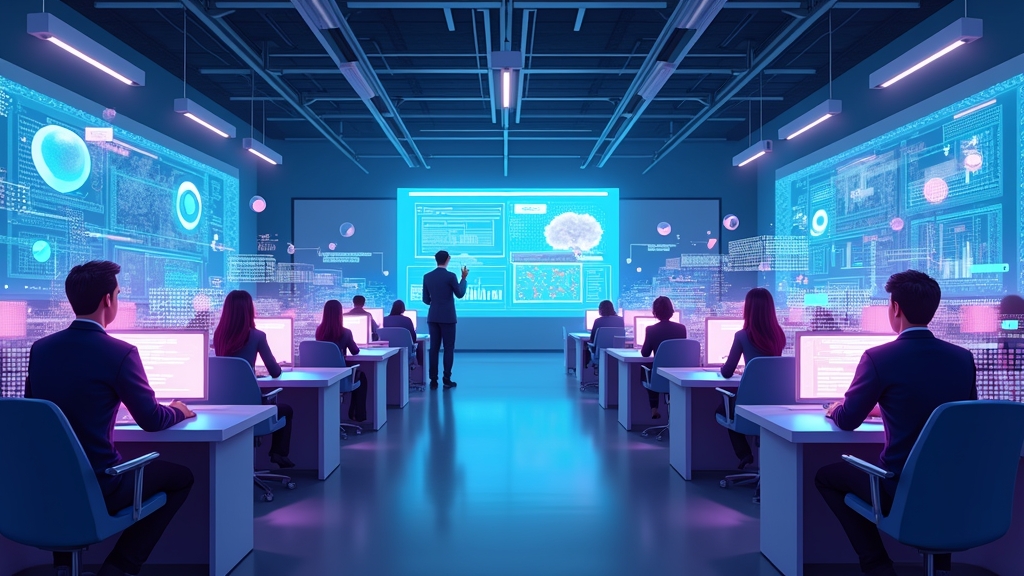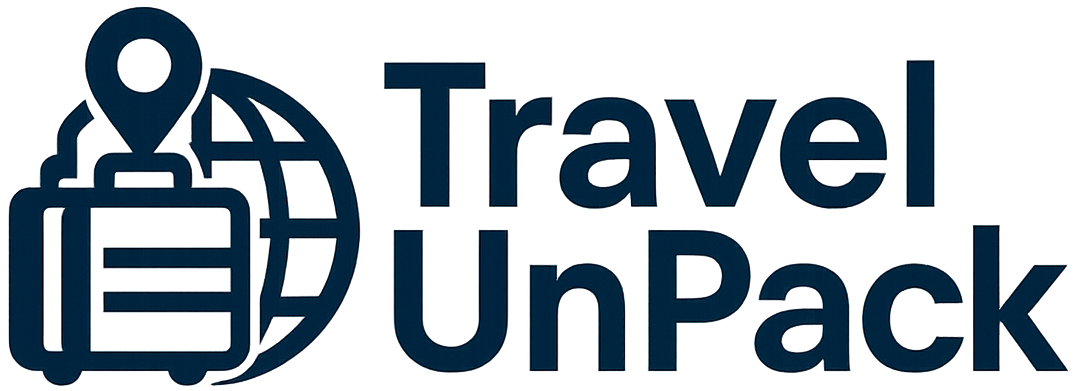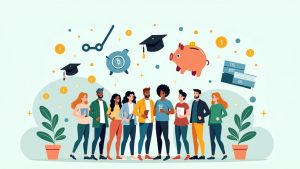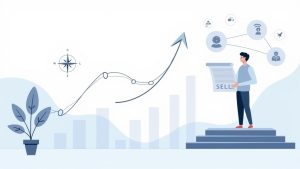Gone are the days when a bachelor's degree was the ultimate goal. In the AI-driven job market, continuous learning is the new norm. Platforms such as Coursera and edX offer micro-credentials in AI, blockchain and other emerging areas, allowing professionals to upskill themselves without having to quit their jobs.
Why is this trend growing? Because industries evolve faster than traditional curricula. A four-year degree in computer science may not cover the latest advances in quantum computing or generative AI. Microcredentials fill this gap by offering targeted, up-to-date knowledge.
Leading universities are paying attention. Harvard Extension School, for example, allows students to accumulate certificates in data science, cybersecurity and digital marketing to build a personalized degree. This modular approach not only makes education more accessible, but also more relevant.

But here's the problem: not all certifications are equal. Employers value credentials from reputable institutions and practical projects. Before enrolling, ask yourself: does this program offer practical applications? For example, Google Career Certificates include case studies from real companies, giving students a competitive edge.
The Ethical Imperative: Preparing for AI's Social Impact
AI isn't just transforming jobs - it's reshaping society. From biased algorithms to dismissal, ethical dilemmas abound. Universities are responding by incorporating AI ethics into their curricula. At ETH Zurich, engineering students debate topics such as algorithmic justice and the environmental cost of training large AI models.
Why does this matter? Because technology without responsibility is dangerous. Consider facial recognition: while it can increase security, it has also been criticized for racial bias. Future leaders must understand these trade-offs in order to innovate consciously.
Courses such as "Responsible AI" (offered by Udacity) teach students how to audit AI systems to ensure fairness and transparency. These skills are becoming as vital as programming itself. After all, what good is powerful AI if it harms marginalized communities?
Action: Explore free resources such as "Elements of AI", a course co-created by the University of Helsinki. It covers both basic technical concepts and ethical considerations - perfect for immersing yourself in this crucial conversation.
Collaboration between Academia and Industry
To stay relevant, universities are entering into partnerships with technology giants. MIT's collaboration with IBM gave rise to the Watson AI Lab, where students work on cutting-edge research alongside industry experts. These initiatives ensure that curricula are aligned with real-world needs.
These partnerships also create channels for training talent. Microsoft's Global Skills Initiative, for example, offers free training to students, often resulting in internships or jobs. It's a win-win situation: companies prepare future employees, while students acquire skills for the job market.
But smaller schools can't always access these opportunities. To fill this gap, online platforms like Pluralsight offer affordable, enterprise-level training. The main lesson? Whether through elite programs or self-education, practical experience is non-negotiable.
The Future Belongs to Hybrid Thinkers
The most sought-after professionals will be hybrid thinkers - those who combine technical expertise with domain knowledge. A marketing professional who understands AI-driven analytics or a doctor who uses predictive diagnostics will outperform their siloed colleagues.
Institutions like Minerva University are pioneers in this approach. Their curriculum emphasizes interdisciplinary learning, where AI is a tool applied in a variety of areas - from the arts to public policy. The result? Graduates who can innovate at the intersection of technology and humanity.
So where do you fit in? Start by identifying how AI interacts with your passion. A teacher might explore adaptive learning platforms, while a financier might study algorithmic trading. The possibilities are endless - if you're willing to cross boundaries.
Final Reflection: Lifelong Learning as a Mindset
The AI revolution isn't coming - it's already here. To thrive, adopt a "learn-it-all" rather than a "know-it-all" mentality. Subscribe to newsletters like DeepLearning.AI's The Batch, join communities like Kaggle and never stop experimenting.
Remember: AI won't replace humans - it will replace humans who don't adapt. The question is: are you ready to evolve?



